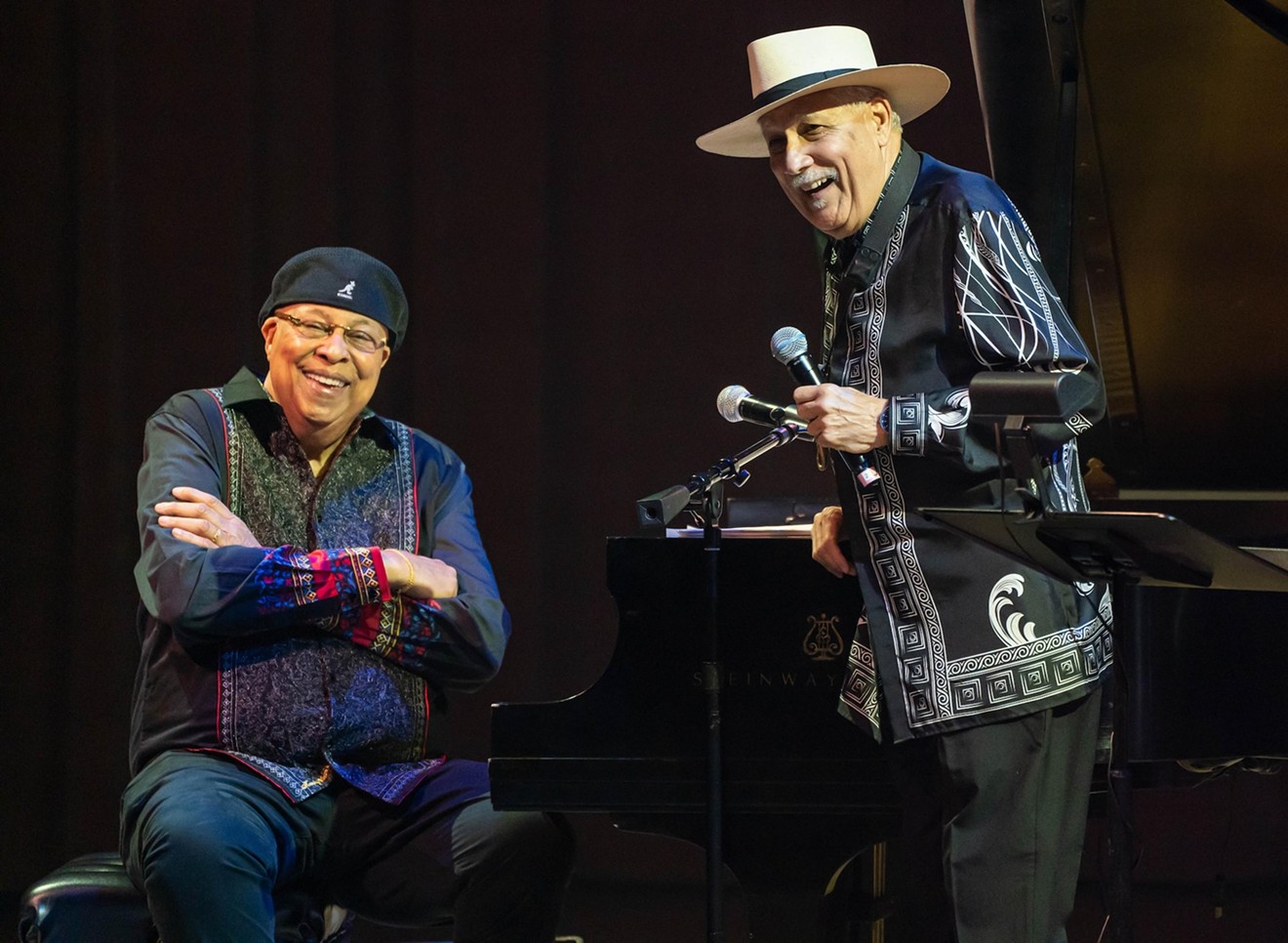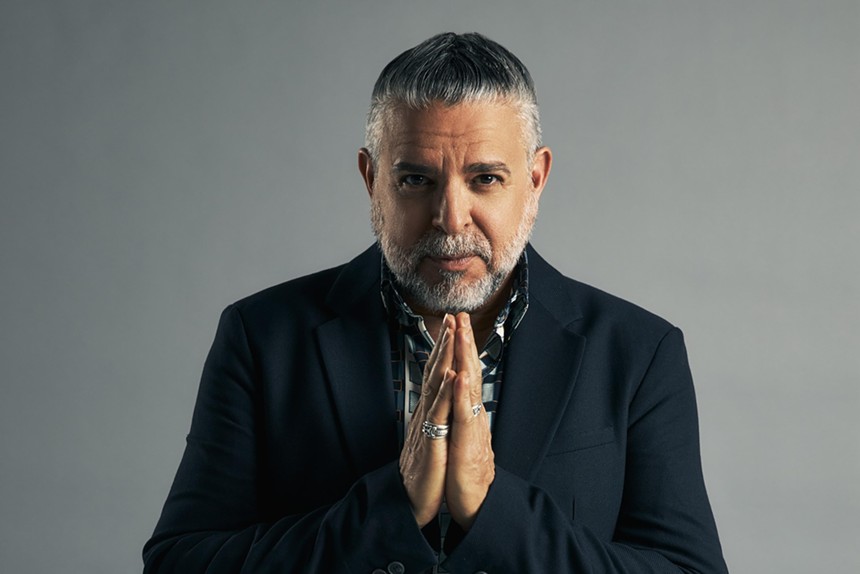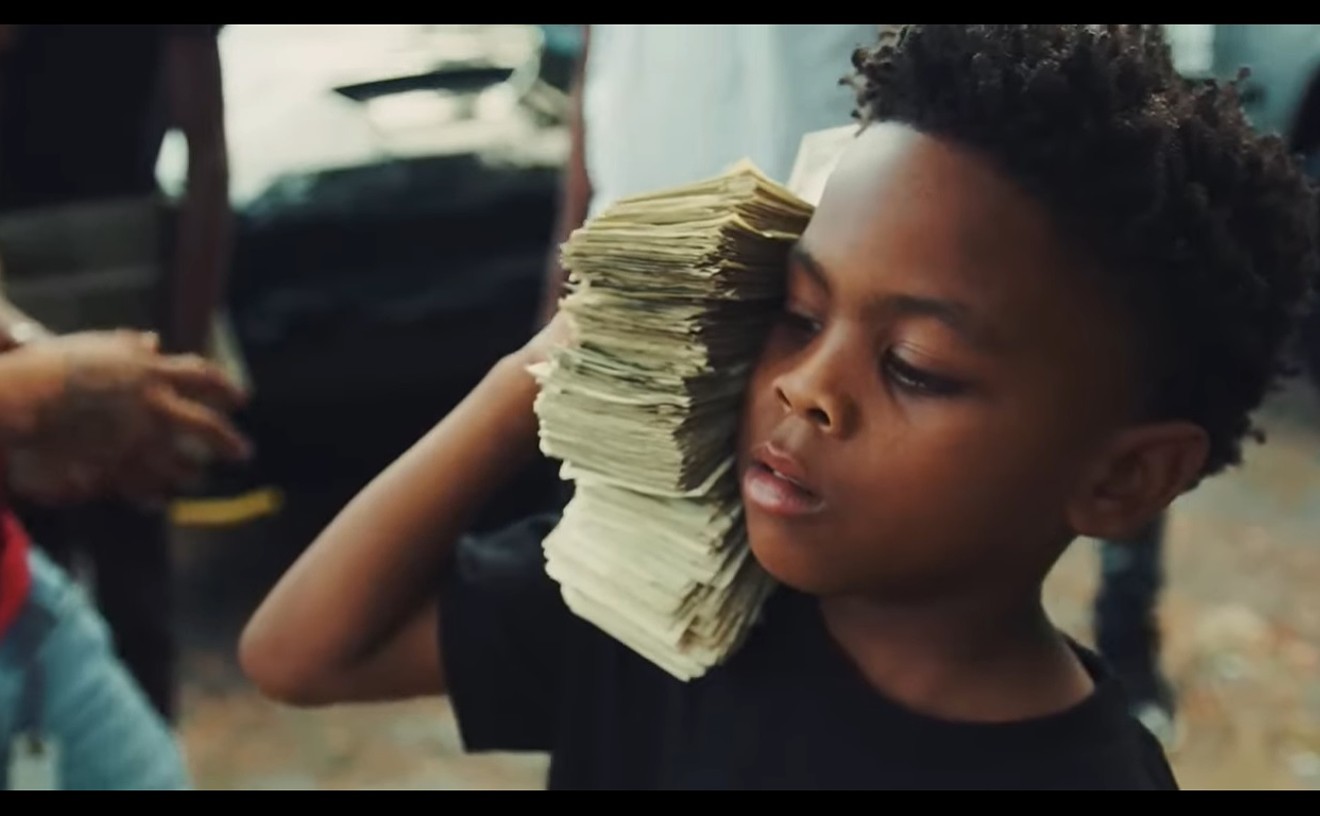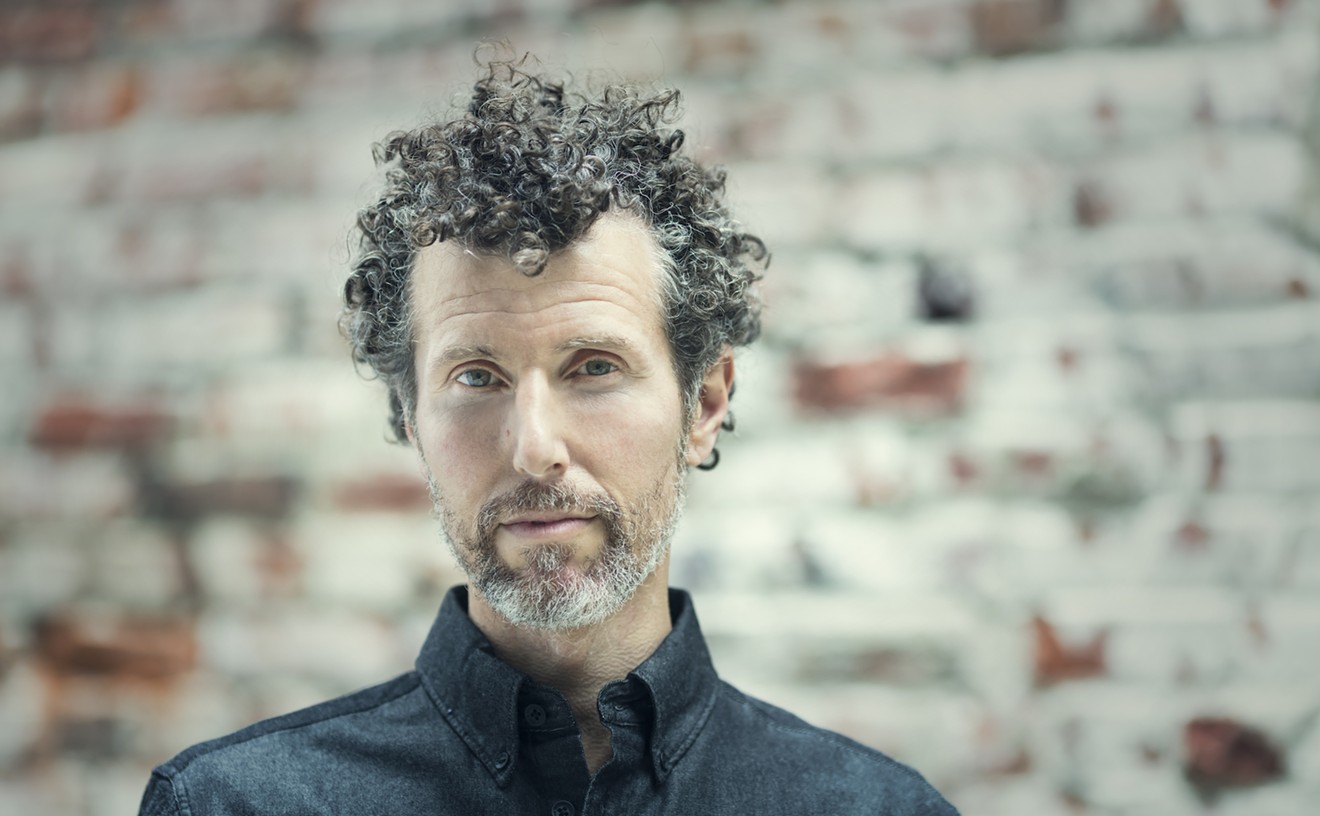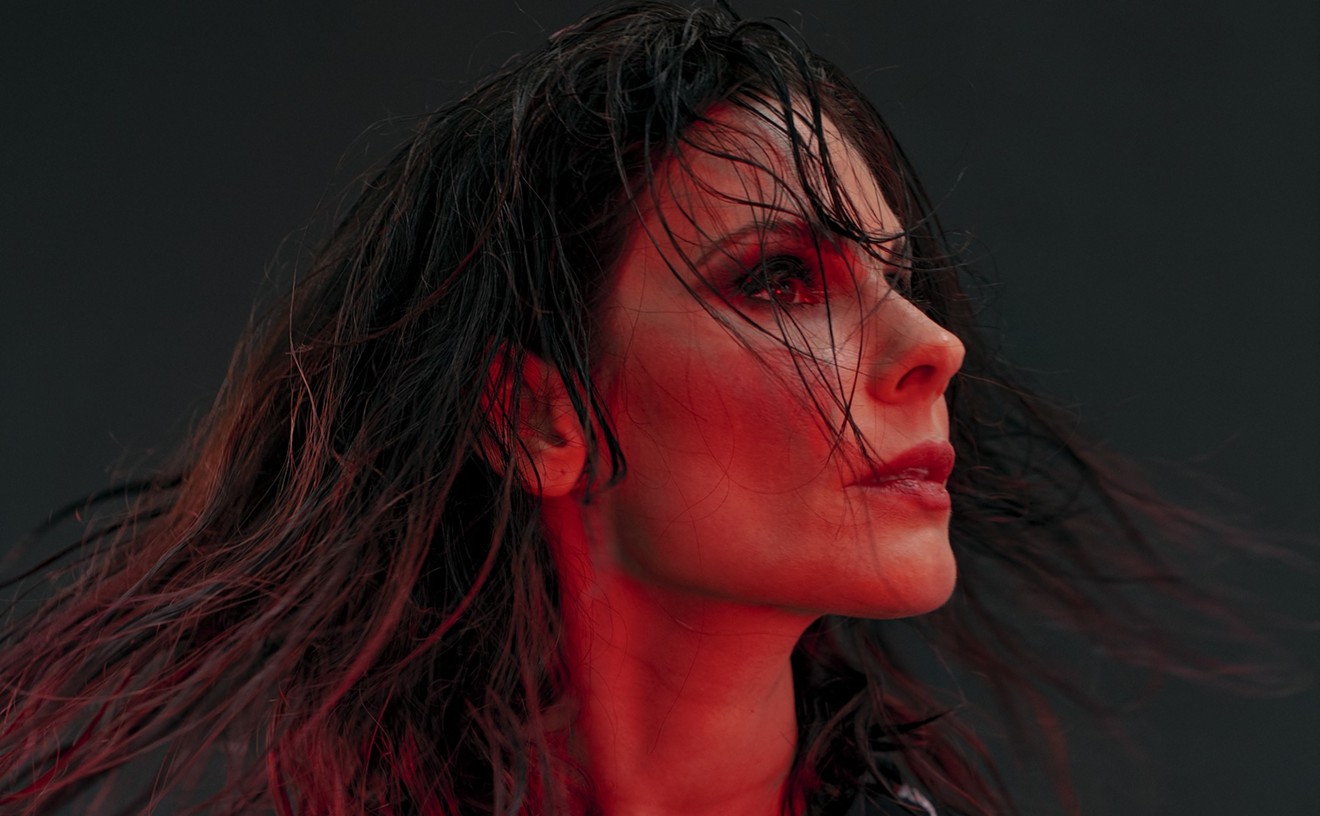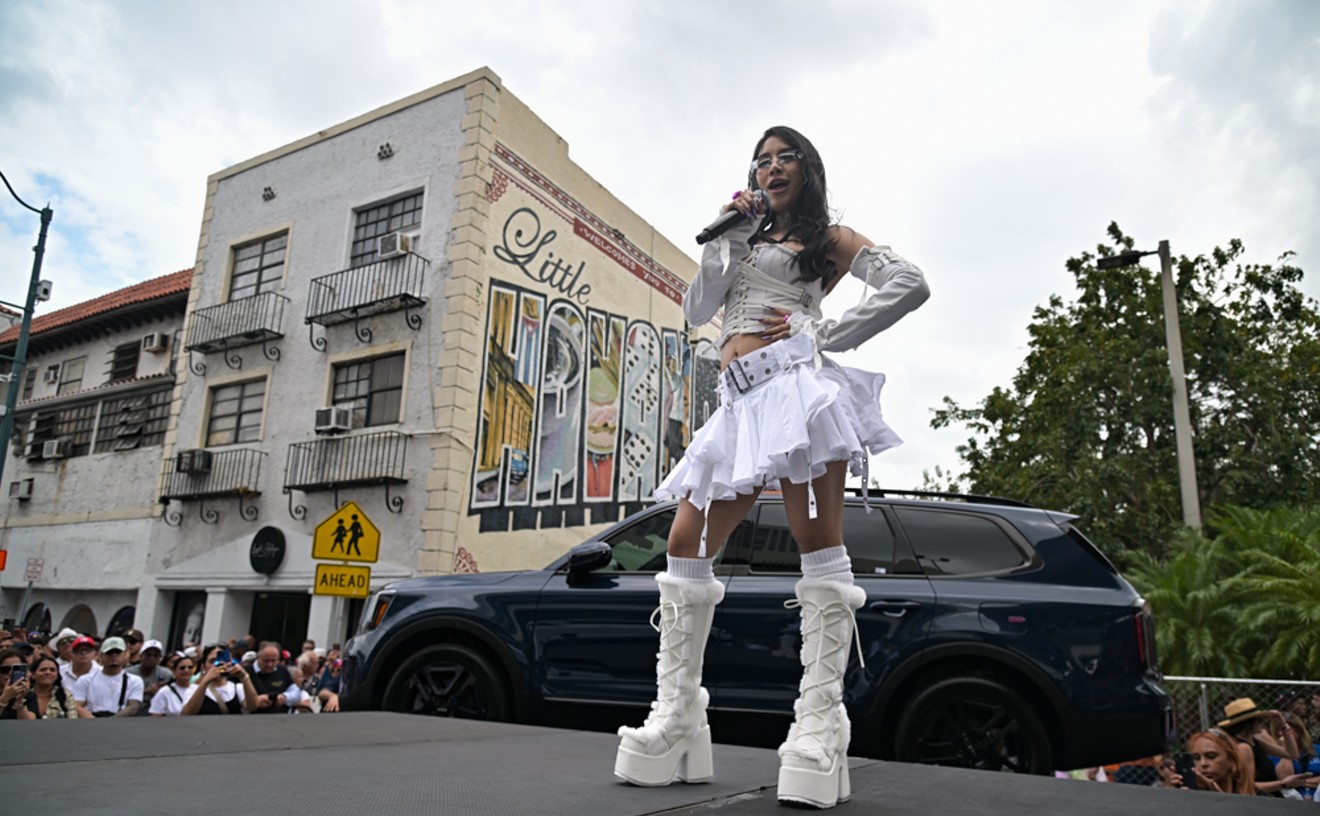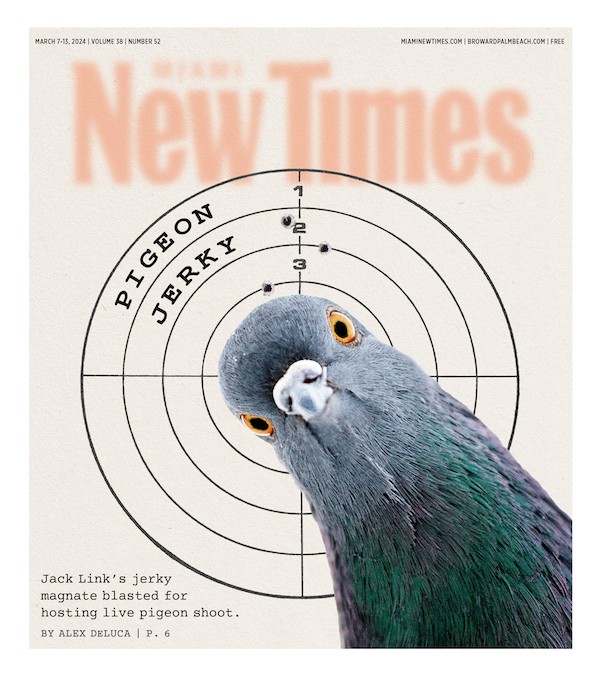Pianist Chucho Valdés, trumpeter Arturo Sandoval, and multireedist Paquito D'Rivera will reunite in celebration of the 50th anniversary of Irakere, the iconic band that the three, together with other young musicians, began in Cuba in 1973. They will be joined by special guest Luis Enrique and accompanied by bassist José A. Gola, drummer Horacio Hernández, percussionist Roberto Jr. Vizcaíno Torre, trumpeters Eddy de Armas Jr. and Osvaldo Fleites, saxophonists Carlos Averhoff Jr. and Luis Beltrán, and vocalist Ramón Álvarez.
As Miami music maven and WDNA-FM Cubaneando host Viviam María López notes, the time was ripe for such an auspicious reunion.
"It's like, when something as awesome as this is happening, all the stars have to align, and I think they did."
Irakere, says Valdés in Spanish in a telephone interview, was a group project from the get-go. He, Sandoval, and Rivera had been playing together for years in the Orquesta Cubana de Música Moderna, but they wanted to shake up the Havana music scene with contemporary sounds and a more expansive notion of what Latin jazz could be. Like a band of pioneers steered by the boldness and energy of youth, Irakere's founders would set out together for territories teeming with unexplored grooves, both electronic and ancestral.
"We were a generation of very restless young people who wanted to change and do different things," says Valdés, as he elaborates on how the decision was made to form a band that would come to mark such an inflection point in the history of Latin jazz.
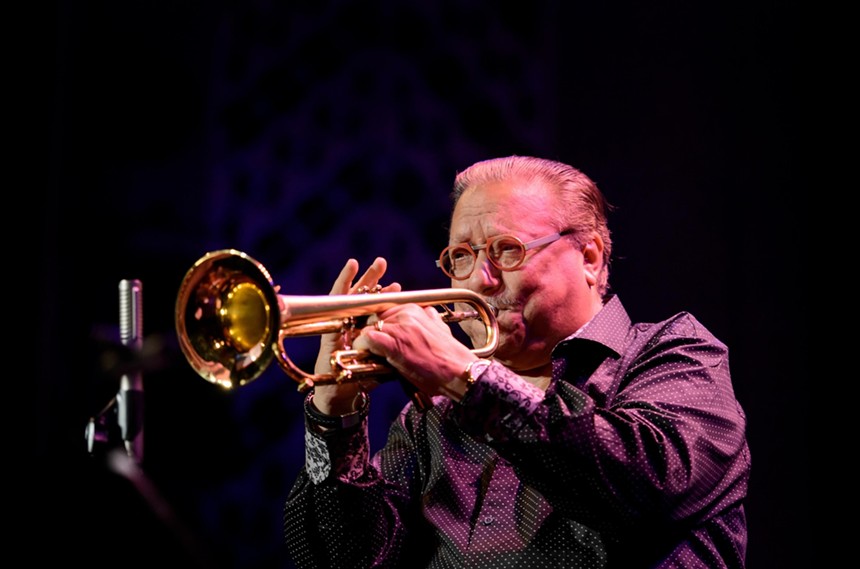
Trumpeter Arturo Sandoval, who was honored with a Lifetime Achievement Award at the 2023 Latin Grammys, was a founding member of Irakere in 1973.
Photo by Lonnie Timmons III/Adrienne Arsht Center
Like his father, legendary pianist Bebo Valdés had done before him, Chucho Valdés would use traditional African drums such as the batá to add to the uniquely Afro-Cuban feel of his compositions.
In addition to infusing their new brand of jazz with the traditional drums of their forebearers, Irakere also looked to peers in the worlds of funk and rock and roll for the band's innovative sonic elements.
"We started using electronic keyboards," explains Valdés, "a variety of electronic keyboards, the guitar or the guitar with sound effects, right? Like the wah-wah, which was used a lot in those days, which is a pedal, right?... And the fuzz distorter, which is a guitar melody distorter. That, joined with the African drum part, with that rhythm that was more from funk and Cuban son plus the harmonies that the winds and brass were doing, those lines that were more from jazz."
The sound was revolutionary for Cuba and revelatory for the Americans who would hear them on the band's first tour here in 1979.
"Obviously, it's super important that their debut album in '79 got the Grammy Award," notes López, "which really is a recognition that I think elevated them and Afro-Cuban jazz to a global audience."
She cites it as an impactful moment in history.
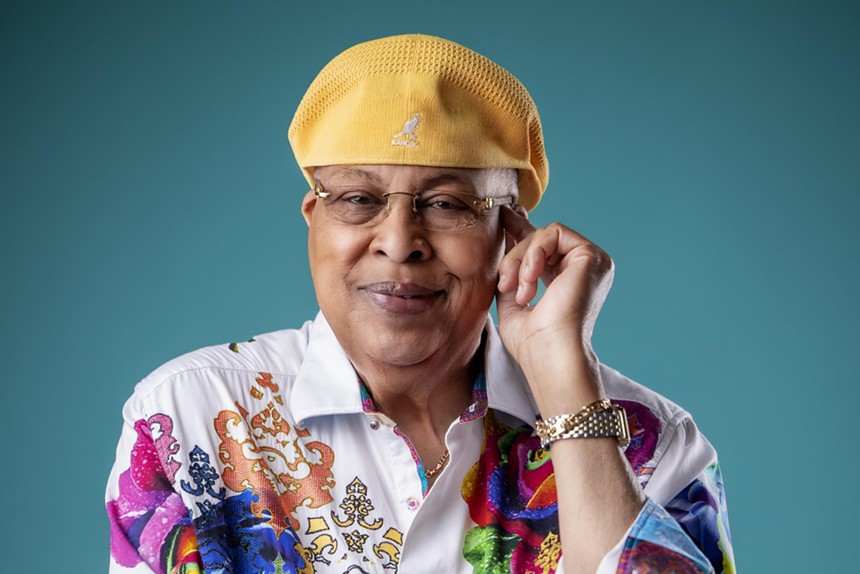
With his trademark Kangaru cap and brightly patterned silk shirts, Chuco Valdés’ style exudes the sense of confidence and joie de vivre that can be so clearly heard in his music.
Photo by OCP Photography Miami/Adrienne Arsht Center)
And as Valdés himself points out, "The generation of young people now says that you can talk about a before and an after Irakere."
But long before Irakere was even an idea, Valdés remembers how the extraordinary Cuban music scene of the '40s and '50s had trained his ear and fed his musical imagination.
"The music was incredible," he says, mentioning the many Havana nightclubs where international stars would appear on the regular and cabarets like the iconic Tropicana, where his father, the legendary pianist Bebo Valdés, was musical director.
"I think it was the golden era of Cuban music, with artists like Celia Cruz, Benny Moré, Barbarito Diez. Well, there were hundreds of top-level artists, right? And the radio had great programs where the most important figures appeared, Cuban and foreign...The list is endless, really, of people, of great musicians. Not only good musicians, but all of them great." Among those greats, it was Chucho Valdés' father who was his role model in chief.
"Everything I know about music," says Valdés, "my dad taught me. I was Bebo's first fan."
Like Sandoval and D'Rivera, Valdés found his passion for his instrument early. And like his two compatriots, his creative curiosity and gusto for seeking out new challenges and ways of playing have been the throughline from his days as a musical prodigy to his place now as a respected elder statesman of Afro-Cuban jazz.
Valdés is as upbeat, down-to-earth, and sincere in an interview as he is onstage, where his megawatt smile looks as though it could light up a small city. And why should an 82-year-old man simply walk to the piano when he can strut, amble, or even dance his way over? I asked him about the source of his energy and positivity.
"I was always very happy, very happy," says Valdés. "But of course, I have been achieving results...with my work. I feel very happy making music, and that is reflected in the smile, in the attitude, in the very positive part, in the desire to continue investigating and doing things," he explains.
As long as artists like Valdés, D'Rivera, and Sandoval keep breaking new ground with virtuosity and passion, discerning jazz audiences will continue to listen. And if the earth shakes a little bit, well — follow Chucho's lead and just shake with it.
– Helena Alonso Paisley, ArtburstMiami.com
Chucho Valdés: Irakere 50. With Paquito D'Rivera, Arturo Sandoval, Luis Enrique, and Francisco Céspedes. 8 p.m. Friday, February 9, at the Adrienne Arsht Center for the Performing Arts, 1300 Biscayne Blvd., Miami; 305-949-6722; arshtcenter.org. Sold out.

